Featured Post
- Get link
- X
- Other Apps
The recommended daily fiber intake is 28 grams, with variations according to age and gender. However, most people only consume about 16 grams each day. The reality: Less than 5% of them get enough fiber daily.
What happens if you don't eat enough fiber?
In the short term, you may occasionally feel constipated and lazy. But over time, a consistently low fiber diet can increase your risk for more serious problems, such as heart disease and type 2 diabetes. If you have any concerns, see your healthcare provider.
A well-balanced diet that includes lots of whole plant foods is the best way to get all the nutrients your body needs to function at its best, including fiber. But that's not always possible with our busy and demanding day-to-day schedules.
Fiber supplements such as Metamucil can help increase your daily fiber intake. One serving of Metamucil unsweetened and powdered sugar gives you 3 grams of dietary fiber per serving. New users of Metamucil should start with one serving per day, gradually increasing to their desired daily intake.
30 high-fiber foods to include in your daily diet
You may already be eating high fiber foods every day. Or you may find that some foods you eat have delicious high-fiber food alternatives. But do you know if you are reaching the recommended 28 grams of fiber daily, every day? This high fiber food guide can help you determine how much fiber you are consuming. Taking Metamucil every day can also help ensure that you are getting the recommended daily amount of fiber along with the high fiber foods that you add to your diet.
Vegetables
1. Broccoli flowers
About 9 cups of broccoli flowers are needed to reach the recommended daily fiber intake. High in sulforaphane, broccoli also adds 3.2 grams of fiber per cup. And it's low in calories, so add an extra serving of broccoli to help meet your fiber goals.
2. Brussels sprouts
These mini sprouts can be boiled, roasted, pan-fried, or sliced raw in a Brussels sprout salad. With 4 grams of fiber per cup, about 7 cups of brussels sprouts are needed to reach the recommended daily fiber intake.
3. Asparagus
Have you ever seen 83 asparagus on a plate? Probably not, unless it's a family meal. Those are the raw asparagus you need to reach the recommended 28 grams of fiber for your diet. As an alternative to steamed asparagus, try adding thinly sliced raw asparagus to salads or sandwiches for a sweet, crunchy flavor.
4. Artichokes
Artichokes taste great on pizza, accompanied by spinach in a delicious vegetable sauce, or steamed to perfection. But can you eat 4 artichokes in one day?
5. Acorn squash
Simply cut the stem, scoop out the seeds, and bake until tender. Or make stuffed acorn squash using wild rice, quinoa, or ground beef. You will need to eat about 3 cups of acorn squash to reach your fiber goals.
6. Green peas
With 9 grams of fiber per cup, help yourself with more helps to add more fiber to your diet. You will need about 3 cups of green peas to get the recommended daily fiber intake. Tasty and healthy, green peas are a great source of iron, manganese, and vitamins A and C.
7. Green turnips
An excellent source of beta carotene and vitamin K, turnip greens have a mild flavor. They can be used like spinach and other leafy vegetables, mixed in green smoothies or juices. About 5.5 cups of turnip greens are needed to reach your fiber goals.
8. Carrots
Lightly steamed carrots will release more of their beta carotene, but whether you enjoy them raw or cooked, you'll get all the benefits of 4.68 grams of fiber in every cup. About 6 cups of carrots are needed to reach the recommended daily fiber intake.
9. Cauliflower
Cauliflower rice is a popular low carb alternative to starchy vegetables and can be made into a pizza crust and fries. It's a good way to add fiber to your diet, but you may not get to the recommended 28 grams of fiber daily. That would mean eating around 8.5 cups of cooked cauliflower, every day.
Fruits
10. Avocados
Whether in guacamole, on toast, or in salads, avocados are widely enjoyed for their rich, creamy flavor and healthy fats. With 9 grams of fiber for each medium-sized avocado, it would take about 3 avocados to reach the recommended daily fiber intake.
11. Apple
Apples are particularly high in a type of soluble fiber called pectin. At 4.4 grams per apple, it takes about 7 apples to get the recommended daily fiber. That will take a long time to cut.
12. Strawberries
Strawberries are also a great source of vitamin C. Slice a few into your next salad for the next level of flavor and fiber. You may need to supplement with other high fiber foods or supplements, such as Metamucil - it takes about 6 cups of strawberries to reach 28 grams, the recommended daily fiber intake.
13. Banana
Can you eat 9 bananas in one day? One of the most versatile fruits and an all-time favorite, a medium-sized banana provides 3 grams of fiber. Bananas are a filling and a great way to add some fiber to a meal or snack.
14. Raspberries
About two cups of raspberries a day give you the daily fiber you need. They're a delight on their own, baked in your favorite dessert recipe, or mixed into a smoothie.
Nuts and seeds
15. Almonds
A 1-ounce serving of almonds contains 3 grams of fiber. Try sprinkling little overcooked veggies or main dishes to add flavorful, crunchy fiber. It takes about 1 cup of almonds to reach the recommended daily fiber. Almond butter also contains fiber, but almond milk does not.
16. Walnuts
About a cup of walnuts can get you up to the recommended daily fiber. Walnuts also contain zinc, beta-carotene, and other essential nutrients. Top a salad with toasted walnuts or add some to your favorite homemade baked goods.
17. Peanuts
Not only is PB&J a favorite comfort food, but it also provides a good amount of fiber, especially when paired with whole-grain bread. It takes about 1 cup of unsalted roasted peanuts to reach 28 grams.
18. Walnuts
Walnuts, known for their heart-healthy omega-3 fats, can also help you reach your fiber goals if you eat about two cups a day. Sprinkle on cereals and salads or mix a little into your smoothie.
19. Chia seeds
Chia seeds are a superfood worth adding to your diet. High insoluble fiber, they are a great thickener for smoothies or used as a crunchy topping for yogurt. Each tablespoon provides 4 grams of fiber.
Vegetables
20. Navy beans
Navy beans are used in cooked beans and in soups. About 1.5 cups of cooked sea beans will allow you to reach the recommended 28 grams per day. Or, make your bean recipes a little "extra" by substituting other types for navy beans.
21. Split peas
About 1.5 cups of cooked split peas bring you the recommended 28 grams of fiber daily. Split peas can be used as more than just soup. They also make a great hummus to spread or as a base for a curry dish.
22. Pinto beans
Creamy and delicious pintos are the beans of choice for making refried beans or burritos. Pintos are also great as a base for veggie burgers. About 2 cups of cooked pinto beans will allow you to meet your recommended daily fiber intake.
23. Red beans
Kidney beans are a favorite in chili recipes because they hold their shape over long cooking times and at high heat without getting soggy. One cup contains 13.1 grams of fiber, so eat about two cups of beans to reach your recommended daily fiber intake.
24. Soy
With 7.5 grams of fiber per cup, they offer modest amounts of fiber compared to other legumes. You will need about 3.5 cups of cooked soybeans to reach the recommended daily fiber intake.
25. Lentils
Whether you choose red, yellow, brown, or green, lentils are an excellent source of fiber. At 15.6 grams per cup, you will need about 2 cups of cooked lentils to reach your recommended daily fiber intake. Lentils are great in all kinds of soups or as a base for veggie burgers.
Grain
26. Barley
Is your barley consumption equal to a few bowls of soup in winter? About 2 cups of cooked barley a day will give you your recommended daily fiber intake. Try adding more of this tender, chewy, high-fiber grain to roasted vegetables or as a pilaf.
27. Whole grain pasta
If you're a pasta lover, choosing wholegrain varieties could add considerable fiber benefits. One cup provides 5.46 grams of fiber, more than double that of white pasta. To reach your recommended daily fiber intake, you will need about 5 cups of cooked whole wheat pasta, which could consume a large part of the recommended amount of carbohydrates or other nutrients.
28. Quinoa
Quinoa is loaded with protein, and with 5.18 grams of fiber per cup, it provides 40% more fiber than brown rice. But it still takes about 5.5 cups of cooked quinoa to reach the recommended daily fiber intake. Add quinoa to your weekly dinner rotation or add cinnamon and sugar for a treat.
29. Oats
Great as cooked cereal, or baked into cookies, muffins or granola, oatmeal is particularly high in heart-healthy soluble fiber. With 4 grams of fiber per cup, it takes about 7 cups of oatmeal to reach 28 grams.
30. Popcorn
Puffed popcorn is a healthy snack, but it will take 1.5 gallons of popcorn to get the recommended daily fiber intake. Top it with some nutritional yeast for a cheesy flavor, or experiment with your favorite herbs and spices.
Fiber types and what they do for your body
Dietary fiber is divided into two main categories, each with its own characteristics and health benefits. All types of fiber pass through the digestive system without being digested or absorbed into the bloodstream:source
Insoluble
The insoluble type of fiber is made of large, coarse particles. It does not dissolve in water. Gut bacteria can digest insoluble fiber to a limited degree through fermentation. If you consume large amounts, it can act as a mild laxative by irritating the intestinal lining. Wheat bran is an example of insoluble fiber, and most fibrous foods have a component that is insoluble.source
Soluble
Soluble, not vicious, fermentable: This type of fiber dissolves but does not thicken or add bulk to stool, so this fiber is not effective for use as a laxative supplement. It ferments easily, which is great for promoting healthy gut flora. However, fermentation can produce excess gas, leading to flatulence. Examples are inulin and dextrin.
Soluble Viscous non-gel-forming and non-fermentable: This type of fiber mixes evenly in water. As it is not fermented and is present in the stool, it helps to increase the content of the same. Examples are calcium polycarbophil and methylcellulose.source
Soluble, viscous, gelling, and fermentable: This type of fiber expands in water to form a thick gel. This slows the digestion and absorption of food and sugar. It also traps cholesterol and prevents it from being absorbed. However, bacteria consume it, reducing its gel formation, so this fiber is not useful as a laxative. Beta-glucan is one example and is what gives oats and barley their delicious thick and chewy texture. Guar gum, from the guar bean, is used as a commercial food thickener.source
Soluble, viscous, gelling, and non-fermentable: This type of fiber forms a gel, adding water and volume to the stool, but it cannot be consumed by intestinal bacteria, so it does not cause excess flatulence. It also helps lower blood sugar * and cholesterol levels. † This fiber is ideal as a supplement. It is found in the fiber of Metamucil, psyllium.source1 (2) source (1)



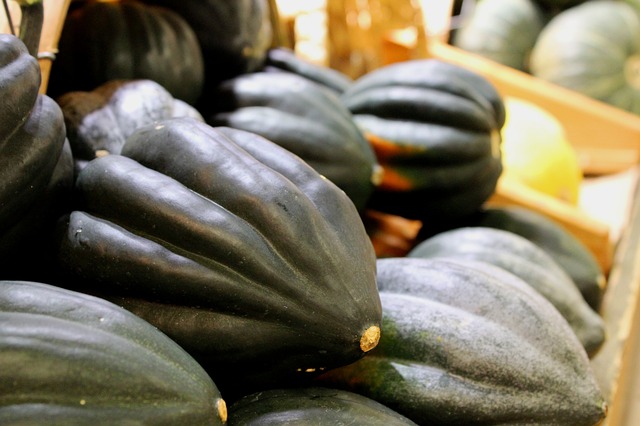

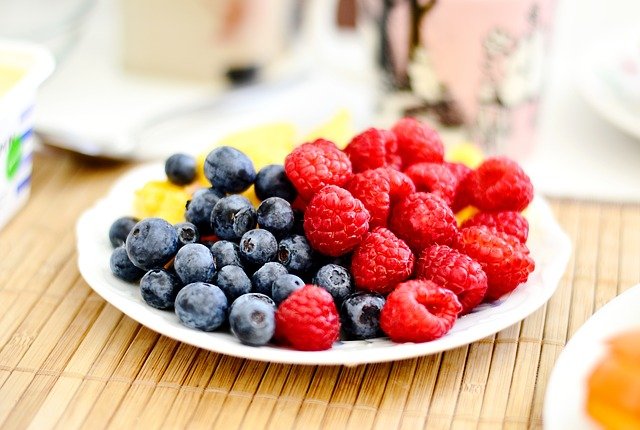
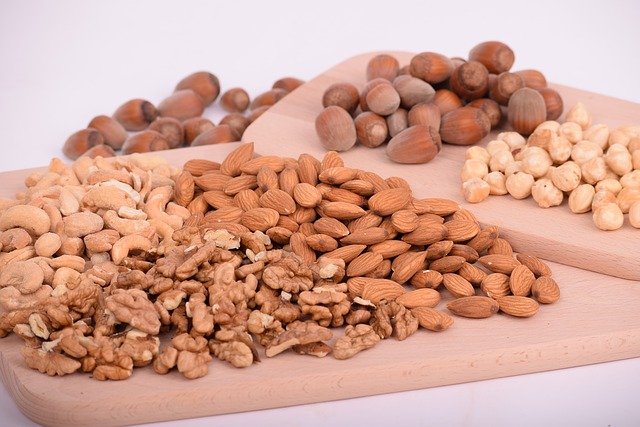
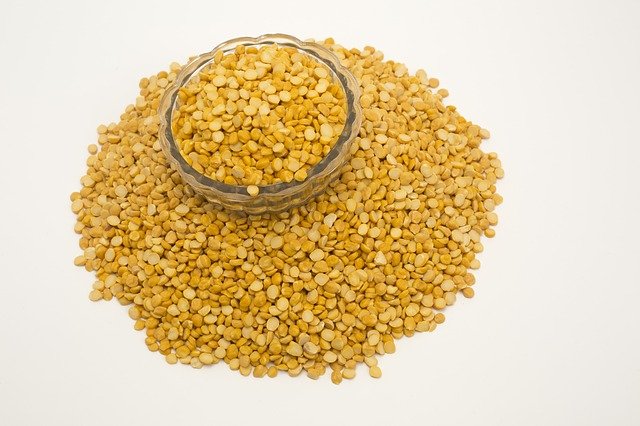

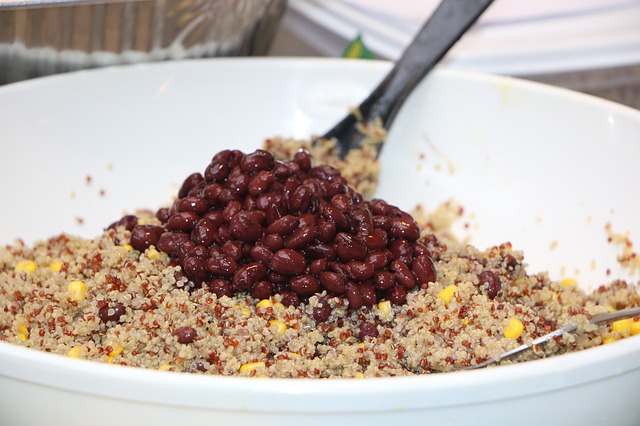
Comments
Post a Comment